When I was a young kid, I spent almost every weekend with my grandmother. Grammy always gave me a choice of what we’d have for Friday dinner.
We could either go for takeout, or she’d offer to make one of my favorite meals. One meal that I often requested was Chicken Marsala.
I’d sit with her in the kitchen, watching and offering to help. At a young age, she’d help me do the little things like shake the salt and pepper or wash the mushrooms. As I got older, I watched with even more curiosity.
After college, I started cooking for myself when I moved into my first apartment. One of the first recipes I requested for Grammy to share was her Chicken Marsala.
Fast forward to my thirties, where I now cook most days of the week. Chicken Marsala is the dish I have in my regular rotation. I make it almost monthly!
That said, I always have a bottle of Marsala wine on hand. I use about ⅓ of the bottle each time I make Chicken Marsala.
Because of that, I’ve spent quite a bit of time researching the longevity of Marsala wine, both opened and unopened bottles. Today, I’m happy to share a little (actually, a lot!) of what I know about Marsala wine, how to store it, and how long it lasts.
What is Marsala Wine?
Marsala wine is a fortified wine from Sicily, Italy. It dates back to the late 18th century and is renowned for its rich flavor profile and versatility in cooking, particularly in Chicken Marsala.
The city of Marsala, its namesake, played a pivotal role in its production and export. Today, Marsala continues to be a cornerstone of Sicilian wines.
What is a Fortified Wine?
There are many different styles and product methods in the world of wine. Fortified wine adds a distilled spirit, most commonly brandy, during or after fermentation.
This process boosts the alcohol content; fortified wines typically reach 15-22% ABV. This extra alcohol content is a natural preservative and contributes to a longer shelf life.
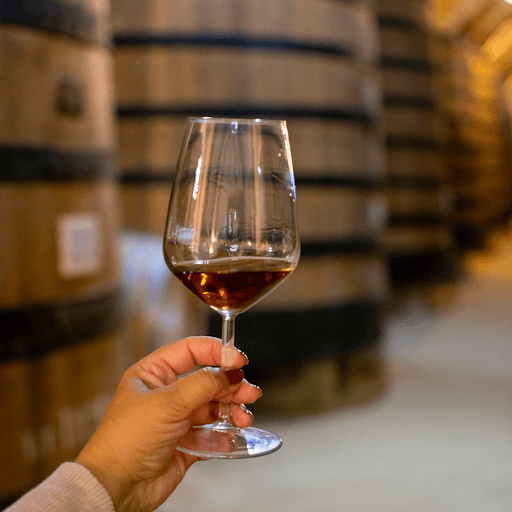
What does Marsala Wine Taste Like?
Depending on the type, Marsala wine offers a range of flavors:
- Dry Marsala: Nutty and toasty.
- Sweet Marsala: Notes of dried fruit, vanilla, and caramel.
- Red Marsala: Fruity hints.
- White Marsala: Typically lighter-bodied.
What is Marsala Wine Used for?
In addition to the iconic Chicken Marsala, this wine shines in:
- Sauces, reductions, and glazes.
- Desserts like Zabaglione, Panna Cotta, and Poached Pears.
- Savory dishes like veal Marsala, Risotto, and Pork Marsala.
What Quality Should I Look For?
When selecting Marsala wine, look for the “Denominazione di Origine Controllata” (DOC) label. This certification ensures the wine was produced within the Marsala region and meets strict quality standards.
What else Should I Know About Marsala Production?
Forget fancy terms for a second! Unlike regular wine where the grapes just do their fermenting thing, Marsala gets a special boost from added brandy.
Marsala production involves a few unique steps:
- Brandy Addition: Stops fermentation early, preserving natural grape sugars for sweetness and increasing alcohol content.
- Aging: Some Marsala wines age in oak barrels or use the “solera system” for toasty, vanilla notes.
- Boiled Grape Must: Adds sweetness and caramel-like flavors to specific types.

How Long Does Marsala Wine Last?
Here’s where things get interesting.
- Unopened Marsala Wine: An unopened bottle of Marsala has a remarkably long shelf life. When stored properly in a cool, dark place (think a pantry or a cabinet away from direct sunlight), unopened Marsala can last for several years.
High-quality Marsalas, like those labeled “Superiore Riserva” (aged for at least four years), can potentially hold their own for a decade or even longer.
- Opened Marsala Wine: Once you uncork that bottle of Marsala, the clock starts ticking a bit faster. The exposure to air triggers a series of chemical reactions that can degrade the wine’s flavors and aromas.
However, the high alcohol content still provides a significant advantage. A well-sealed and refrigerated opened bottle of Marsala can last for 4-6 months, retaining a large extent of its original taste profile.
Maximizing the Shelf Life of Opened Marsala
There are a couple of things you can do to extend the life of your opened Marsala:
- Refrigeration: Store opened bottles in the refrigerator after opening. The cooler temperature slows down the oxidation process. Trust me, high temperatures are no good for bottled wine.
- Vacuum Pump and Preservers: Consider investing in a vacuum pump or argon gas wine preservers. These gadgets remove air from the bottle and further slow down oxidation.
Storage Conditions for Optimal Longevity
- Cool and Dark: Both opened and unopened Marsala bottles thrive in a cool, dark environment. Aim for a temperature range between 50-55°F (10-13°C). I always keep the bottle away from direct sunlight and heat sources.
- Proper Sealing: Once opened, make sure the bottle has an appropriate seal to minimize any air exposure. I typically use a wine stopper specifically designed to reduce oxidation.
- Refrigeration: Always refrigerate opened bottles to slow oxidation.
Not all Marsala is created equal!
The sweetness level can affect how long it stays good. Dry Marsala, sometimes called “Fine” or “Vergine,” tends to last for a longer period than the sweeter ones. Sweeter Marsalas, like “dolce” or “semisecco,” might not hold up quite as long because of all that extra sugar.
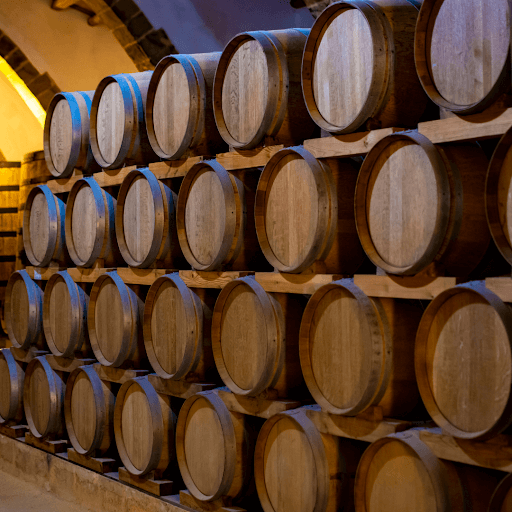
Does Marsala Wine Go Bad?
It’s not exactly like milk going sour, but hear me out. An opened bottle can lose its pizazz over time. The yummy nutty, caramel, or fruity flavors you expect might get a bit muted and dull because of exposure to air.
Signs of a Bad Marsala:
If you’re unsure about your opened Marsala’s quality, a quick sniff and taste can provide some clues. Look out for:
- Vinegar-like aroma: This indicates excessive oxidation and signifies a bad bottle.
- Flat and dull taste: Think of that excellent Marsala flavor you love – nutty, caramel-y, maybe some fruit notes. If those flavors seem kind of muted or just plain blah, that might be a sign it’s time to say goodbye to the bottle.
Creative Uses for Marsala Wine
- Make Signature Sauces: Use Marsala for creamy sauces in chicken or pork dishes.
- Desserts: Incorporate it into Zabaglione or as a glaze for poached fruits.
- Flavor Enhancer: Add a splash to soups or stews for depth.
FAQs About Marsala Wine
Q: Is Marsala wine the same as Madeira or Sherry?
A: Nope, Marsala isn’t exactly the same as Madeira or Sherry, but they’re all part of the fortified wine crew. Think of it like this:
- Marsala: Marsala has a rich and complex flavor profile. It can be dry (“Fine” or “Vergine”) with nutty and toasty notes or sweet (“dolce” or “semisecco”) offering hints of dried fruit and caramel.
- Madeira: This Portuguese fortified wine is famous for its unique aging method. Traditionally, Madeira is subjected to a heating process known as “estufagem,” which intensifies its flavors and creates a characteristic toasty or caramelized character. Madeira comes in a range of styles, from dry to very sweet.
- Sherry: Originating in Spain, Sherry comes in a diverse spectrum of styles, ranging from dry and bone-dry (“Fino” or “Manzanilla”) to medium-dry (“Amontillado”) and sweet (“Oloroso”). Sherry undergoes a unique aging process, contributing to its distinctive nutty and slightly salty flavor profile.
Q: Can Marsala wine go bad if unopened?
A: Unopened bottles last for years, but over time, the flavors may soften. Store properly to maximize shelf life.
Q: Can you freeze Marsala wine?
A: While freezing isn’t ideal, you can freeze small portions of Marsala for cooking purposes. Use an ice cube tray for easy measurements.
Q: Is Marsala a White Wine or Red Wine?
A: Marsala wine can actually be both red and white! Most Marsala wines are made from white grapes.
Local Sicilian varietals like Inzolia, Catarratto, and Grillo are commonly used. Red Marsala (Rubino) uses red grapes and offers fruity notes. White Marsala (Oro or Ambra) is the more common type made from white grapes.
Q: What Brand Marsala Should I Buy?
A: I have a short answer and a long answer for this.
The short answer is to buy whatever is in your budget. However, there is a big difference between cooking and drinking marsalas.
In my opinion, the drinking marsalas offer so much flavor and complexity compared to the cooking wines found in the grocery store. My go-to Marsala from the liquor store is the Taylor brand. It’s a great budget-friendly option that’s great for cooking.
The Best Way to Enjoy Marsala:
Here on the Mortadella Head blog, we’ve got a couple of ideas for you!
- Gluten Free Pork Chops with Marsala Wine – A great alternative to Chicken Marsala
- Fast and Easy Creamy Chicken with Marsala Wine – Short on time? We’ve got your back.
- Easy Chicken Marsala Recipes without Wine – Just in case you run out or don’t have a bottle on hand!
Bring Marsala Wine Into Your Kitchen
Now that you know the ins and outs of marsala wine—how to store it, cook with it, and make it last—it’s time to give it a starring role in your kitchen. Whether you’re making a rich chicken marsala or just adding a splash to elevate your sauces, this flavorful wine is one you’ll want to keep on hand.
Have a tip or favorite marsala dish? Drop it in the comments—I’d love to hear how you use it!
And hey—if you’d rather skip the cooking and just enjoy delicious food, visit our store here: https://mortadellaheadstore.com/ 🍝

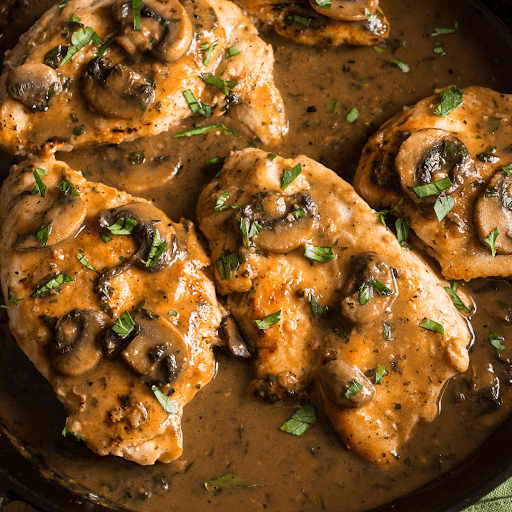




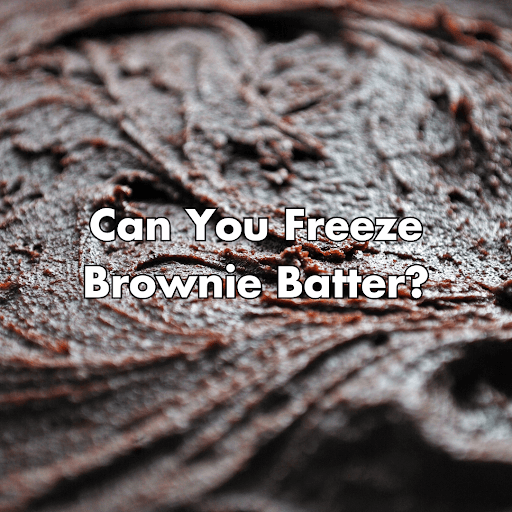

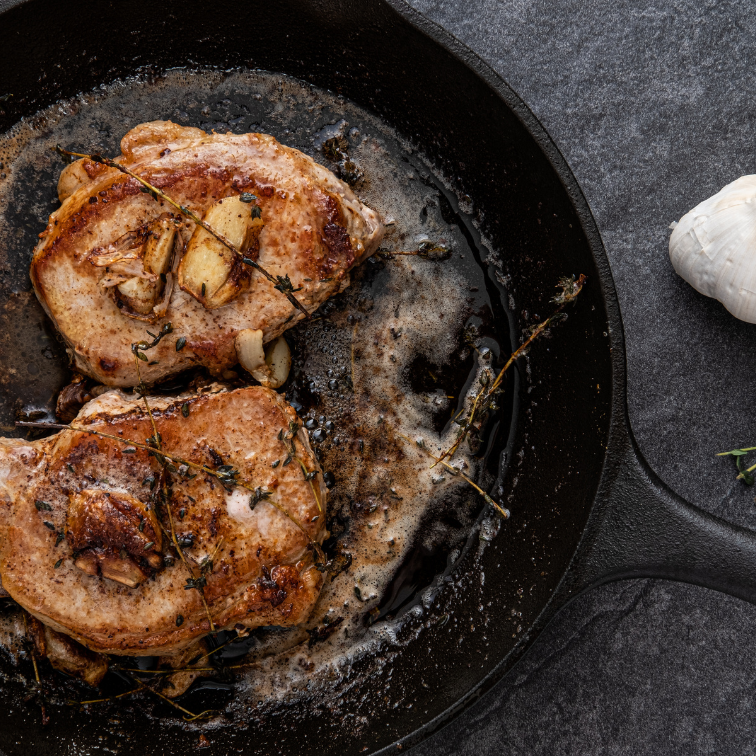

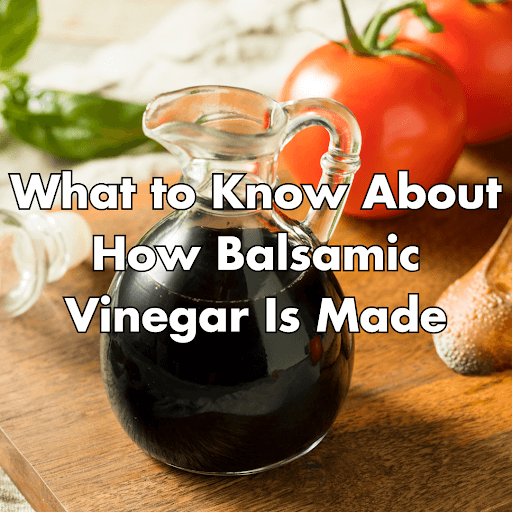
One Response
This is a fine piece of writing, young man: clear, concise, and well organized. The way you present information seems to fit deliciously into the nooks and crannies of my brain — no simple accomplishment. And you’ve got an easy style. Conversational: it brims with knowledge and experience, yet not a whit of condescension. It’s clear that you love the wine, and you love talking about it. The kitchen here at my gulag (a continuous care retirement community) listed Chicken Marsala as one of our four dinner choices, and I wanted to know what the kitchen had planned for the chicken. Your work here helped “hugely.” Great thanks.